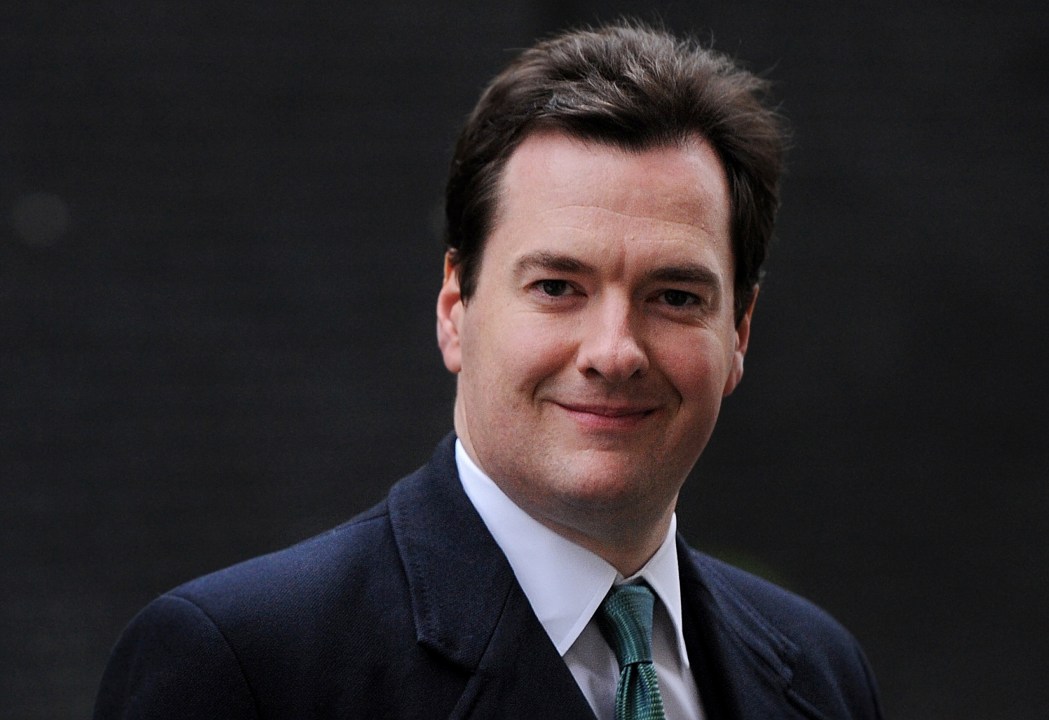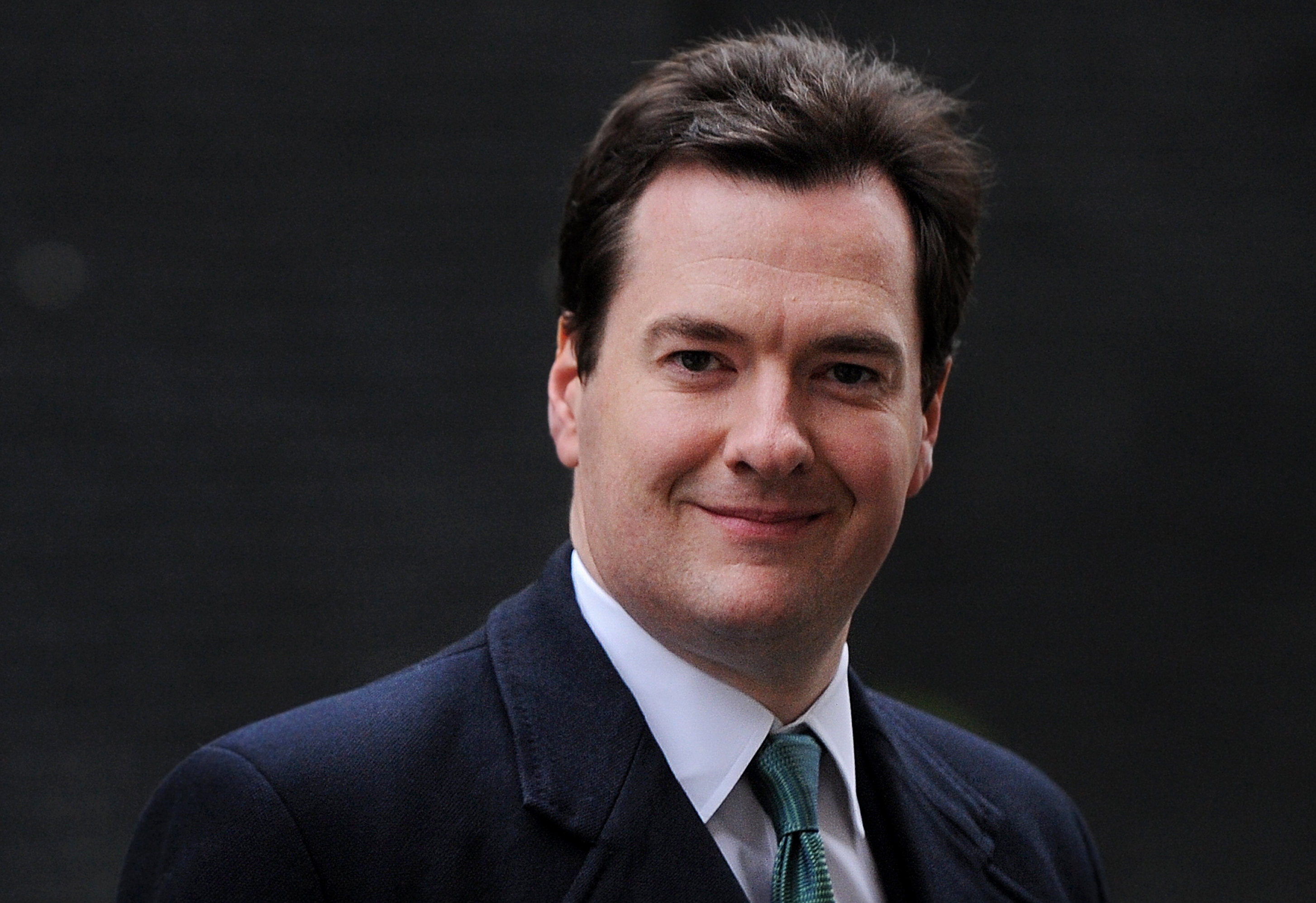 George Osborne’s Budget — his plan to deliver us from “rescue to recovery,” apparently — is less than a week away, and the wildfire of speculation is taking hold. Perhaps
the most intriguing titbit in today’s papers is one that also
appeared in the Express last Saturday: that Osborne
is considering merging income tax and national insurance. This is a measure that the Office for Tax Simplification recommended in a report last week, suggesting that it would ease the administrative burden on small businesses. Yet that simply echoes a
viewpoint that stretches back decades. This IFS report, for instance, quotes an article published by the British Tax Review during the economic
turmoil of 1978:
George Osborne’s Budget — his plan to deliver us from “rescue to recovery,” apparently — is less than a week away, and the wildfire of speculation is taking hold. Perhaps
the most intriguing titbit in today’s papers is one that also
appeared in the Express last Saturday: that Osborne
is considering merging income tax and national insurance. This is a measure that the Office for Tax Simplification recommended in a report last week, suggesting that it would ease the administrative burden on small businesses. Yet that simply echoes a
viewpoint that stretches back decades. This IFS report, for instance, quotes an article published by the British Tax Review during the economic
turmoil of 1978:
And the IFS themselves conclude that, while the process would be difficult, “integration could facilitate bold policy options that would be welcome in their own right as well as allowing for a simpler merged tax.”“…in places the disparities between income tax and national insurance contributions are distinctions without differences, and … in other places the disparities may be unnecessary and unfair … In practice even more than in theory the contribution system is merely an adapted form of the income tax system, and its separate status is to some extent a mere illusion.”
It would certainly be a bold gambit from Team Osborne, not least because it draws attention to the Exchequer’s bootprint right across your wage slip. No longer a 20 per cent rate of income tax and a 12 per cent rate of national insurance, but a 32 per cent mega-rate — a more imposing number, even if it is the same total. For higher income earners, it would be 52 per cent. Yet judging by the tone of the coverage elsewhere, it sounds as though Team Osborne is in the mood for boldness. As Ben Brogan puts it, “There is a suggestion that small businesses will benefit in particular, with those employing fewer than 10 people excused of just about every regulation.” If that is true, then next week’s Budget could be one to remember. Six days, now — and counting.







Comments